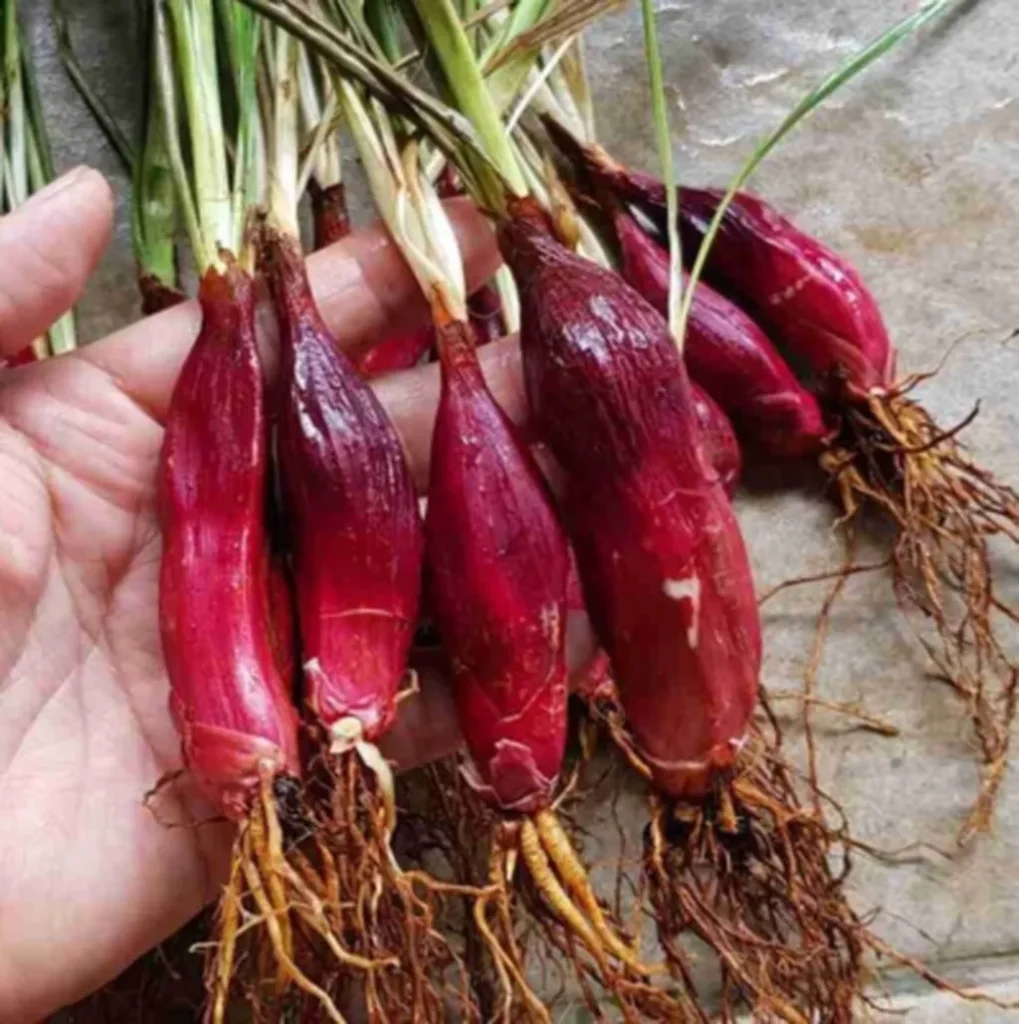In the heart of Indonesian agriculture, a humble yet potent plant, the Dayak onion (Eleutherine bulbosa), is gaining attention for its potential as a functional food. Rich in flavonoids, this traditional medicinal plant could become a valuable commodity, but its high water content poses a challenge. Researchers have been exploring the best ways to preserve its bioactive compounds, and a recent study published in *Advances in Food Science, Sustainable Agriculture, and Agroindustrial Engineering* offers promising insights.
The study, led by Rika Wahyuni Arsianti from Universitas Borneo Tarakan, investigated the impact of different drying temperatures on the flavonoid profile, quercetin content, and antioxidant activity of Dayak onions. The findings suggest that higher drying temperatures could significantly enhance the plant’s functional value.
Dayak onions are known for their high water content, which can degrade their bioactive compounds if not properly processed. The researchers tested three drying temperatures—40°C, 50°C, and 60°C—aiming to reduce the moisture content to 12%. The results were striking. Drying at 60°C led to a 2.25-fold increase in total flavonoid content (TFC) and a 1.91-fold increase in quercetin levels compared to the initial values. Antioxidant activity also saw a significant boost, as indicated by a decrease in the IC₅₀ value.
“This study demonstrates that controlled drying at higher temperatures can greatly improve the quality and functional value of Dayak onions,” said Arsianti. “The enhanced flavonoid and quercetin content, along with increased antioxidant activity, make these onions a more attractive option for the functional food market.”
The implications for the agriculture sector are substantial. As consumer demand for functional foods continues to grow, farmers and processors can leverage these findings to produce higher-quality Dayak onions. By optimizing drying processes, they can tap into a market that values bioactive compounds and antioxidant properties.
The research also opens doors for further exploration. “Future studies could investigate other drying methods, such as freeze-drying or vacuum drying, to see if they yield similar or even better results,” Arsianti suggested. Additionally, the study’s findings could inspire similar research on other medicinal plants with high water content, potentially unlocking new opportunities for the agriculture sector.
As the world increasingly turns to natural sources for health and wellness, the Dayak onion stands out as a promising candidate. With the right processing techniques, it could become a staple in the functional food industry, benefiting both farmers and consumers alike. The study by Arsianti and her team is a significant step forward, offering a roadmap for enhancing the value of this traditional plant in the modern market.

